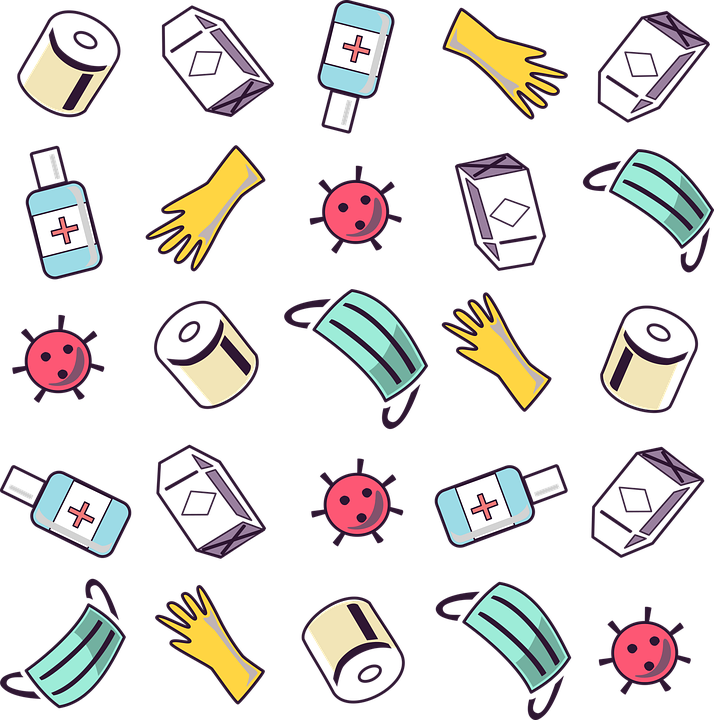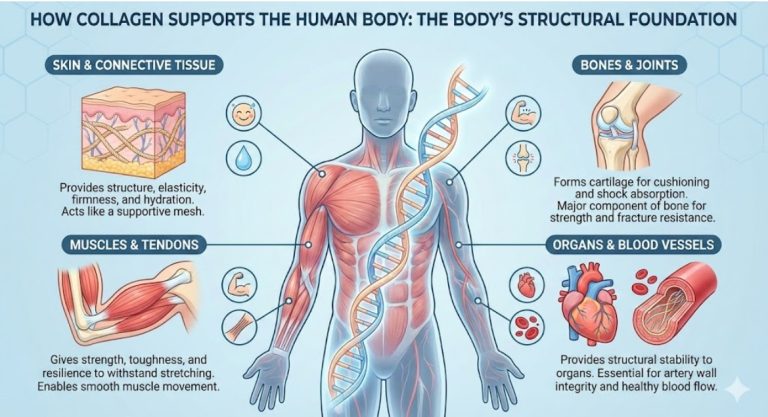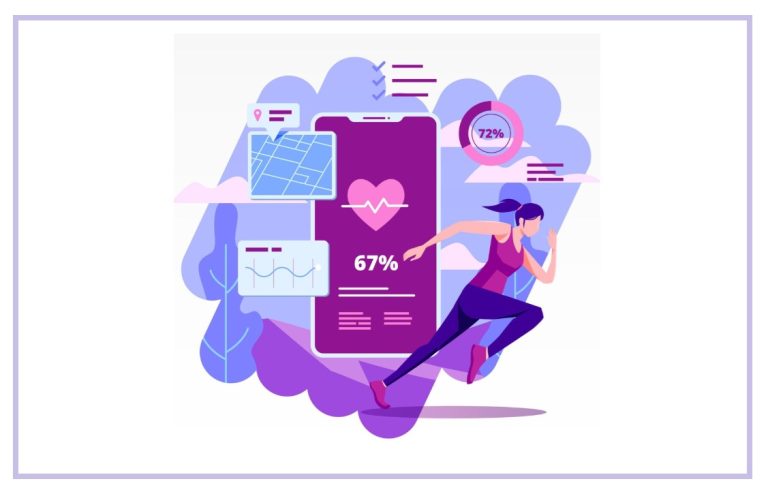
For some time now, the outbreak of COVID-19 has been on the news. With the virus hitting thousands of people every day, it has become a matter of great concern to nations all over the world. And while we keep battling the situation, we also know that up to now the virus has no cure, which means it’s best when we prepare ourselves. Preparedness is a question of the most essential medical plan in this period, starting from home safety tips to social distancing practices.
Insurers have introduced health insurance plans for coronavirus that cover all costs associated with the COVID-19 treatments. These plans cover the proponent and the members of his family. You must also consider a few points when you plan to purchase coronavirus health insurance online. A plan with a lower premium is not always needed because it may not provide you with sufficient coverage in case of need.
Therefore, the checklist below will examine what to consider when listing for coronavirus health insurance.
1. Know the insurer well enough
Note that low-claim settlement medical insurance companies may be a problem. In order to get an idea of the financial health of the insurer, please consider the incurred claim ratio too, and it may thus be able to pay for your claim or not. But most will, if any.
2. Check for value-added services
Each insurer offers certain additional features or services to improve customer value. Learn about the value-added services offered before investing in any medical coronavirus insurance. This can be the extra amount insured at no cost for accidental scenarios or hospitalization, baby cover, ambulance coverage, etc.
3. Co-payment clause
The joint payment shall consist of an insured person paying out of his own pocket a percentage of the claim amount and the insurer will pay the rest. The insurer and the insured agree on this percentage. If such a clause is missing, you will have to pay the amount and the policy won’t provide you with complete coverage. Look for an insurance policy for coronavirus that does not have a co-payment clause to ensure full protection.
4. Claim settlement process
Before buying coronavirus health insurance, keep yourself informed of the claims settlement process of a specific health insurance company. Ensure that the process is simple and fast. In case of an emergency, it might otherwise be very difficult for you to obtain timely consent for the claim.
5. Cashless hospitals
You must know that only in-network hospitals with which an insurer has links can the cashless treatment of coronavirus be used. So, make sure that you are well aware of the network hospitals an insurance company has before you list any coronavirus plan. The hospital should be near you and be able to provide coronavirus treatment.
6. Waiting period clause
The coronavirus health insurance plans have an initial waiting period that will only cover the treatment for the disease. The waiting time shall be calculated from the date the policy is issued and shall differ from an insurer to another insurer.
Basic things to consider
There are some basic things you might need to also carefully consider. It helps you to understand the plan’s limits. In the following cases, coronavirus health insurance plans do not generally provide coverage:
- If you do not need hospitalization
- If the insured person has a disease other than the coronavirus
- If a claim is made during or prior to the waiting period
- If after 31 December 2019 you visited a foreign country
- When the insurer files the claim externally
- If the coronavirus test results are negative
- If no government authorized center publishes the medical reports
Frequently asked questions about COVID-19 health insurance
1. Should I get health insurance if I don’t have coronavirus?
Privately-owned insurance companies must cover free COVID-19 diagnostic trials without sharing costs, according to the First Family and Coronavirus Aid, Economic Security and Support Act. Even if you have still not met the annual deductible of your plan. Some insurance companies also cover medically necessary anticorpus testing that tests the blood of a person for proteins that demonstrate an earlier COVID-19 infection.
If you currently have no coverage of any kind, you can consider different ways to help with possible health costs and financially protect yourself. Make sure to use fogger machines whenever possible to keep your surroundings safe and virus free.
For instance, having a major health plan with an extra pocket limit may mean a difference in hospital bills between tens of thousand dollars and a limit on your costs.
2. How can I get health insurance if I lost my job due to coronavirus?
Generally, if you lose healthcare on the basis of COVID-19, you have a few options:
- Register for the coverage of COBRA.
- Sign up for a special registration period in a marketplace plan.
- Cover for those under the age of 26 by a wife or parent.
3. Can I apply for Medicaid?
Medicaid is a government program that offers people with limited incomes free or low-cost health insurance. Medicaid can be requested at any time. Eligibility is based on income and assets and the rules vary in accordance with the state in which you live. In view of the coronavirus pandemic, many countries have expanded their Medicaid programs and eligibility directives. Contact your Medicaid Department to find out more and apply.
4. Can I enroll in a marketplace plan right now?
You may only register for the open registration plan during a public registration schedule once a year in normal circumstances. A qualifying living event, which allows you to sign up. For example to marry, move or stop health care, signing up is needed for you in this period.
5. How else can I get health insurance during the coronavirus pandemic?
You could consider a short-term health insurance plan if you don’t qualify for a Medicaid or a marketplace plan but wish to have some type of coverage. Short-term coverage should provide limited, temporary benefits and vary according to planned specific coverage information. A few things that are important in short-term insurance:
- Primes are usually more cost-effective.
- Many plans offer flexible terms and conditions.
- Short-term plans are not significant medical plans and are not necessary for the essential health benefits to be covered.
6. How can I get help signing up for coverage during the coronavirus pandemic?
We know that it can be overwhelming to check all your options. eHealth offers a wide selection of healthcare choices to fit different needs and budgets as a trusted online broker. If you wish personalized assistance, please contact us at the number on this page and you can use options that can best work for a licensed insurance agent. An easy-to-use comparison tool can also be used to compare individual and family health plans available in your area.


